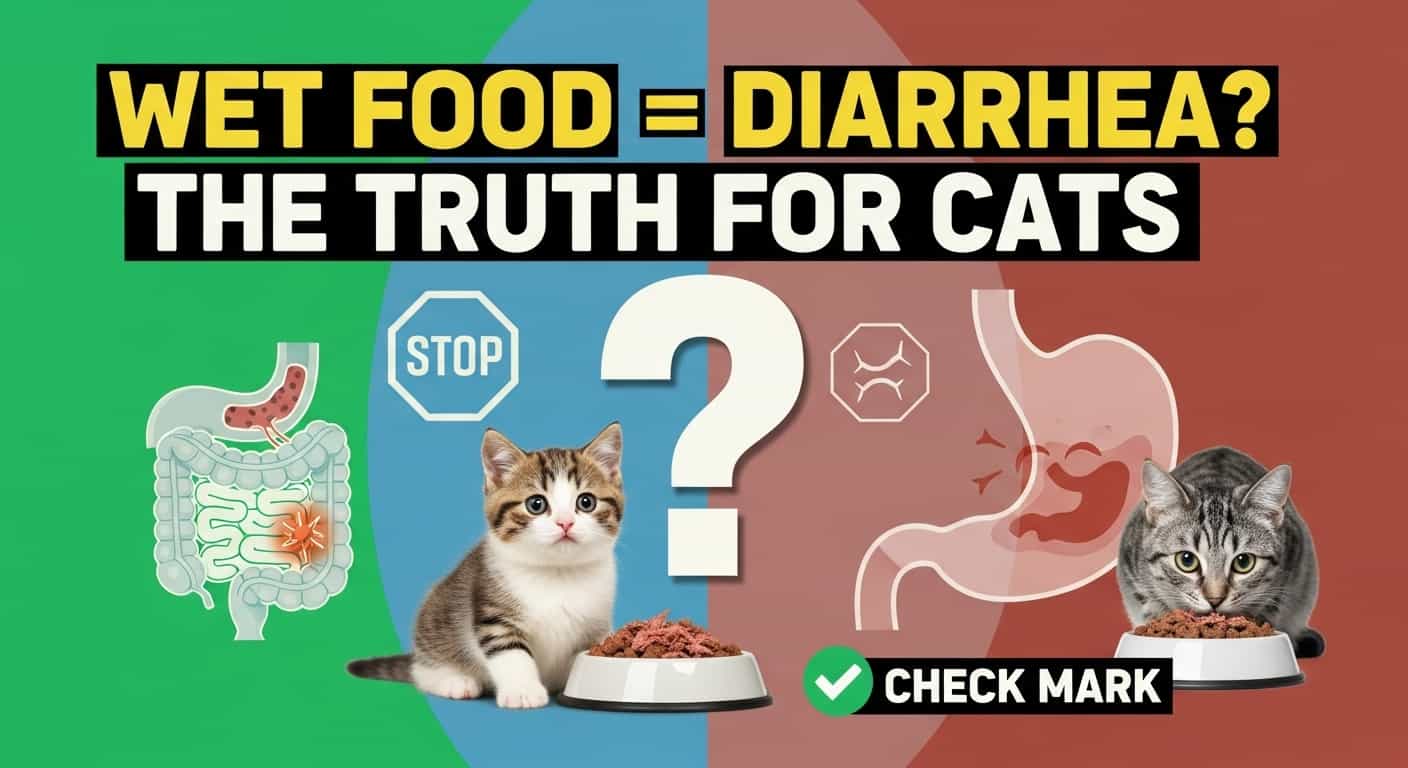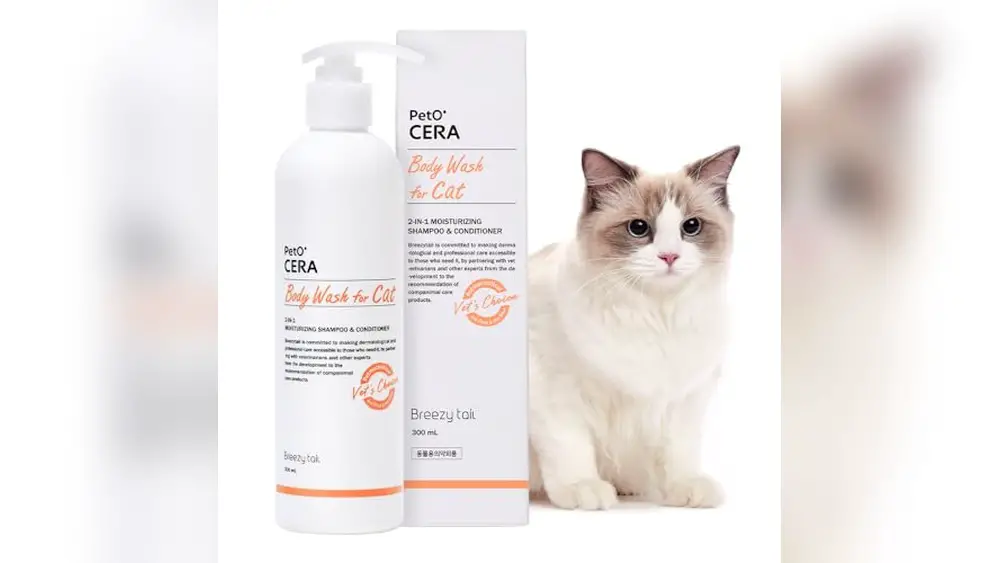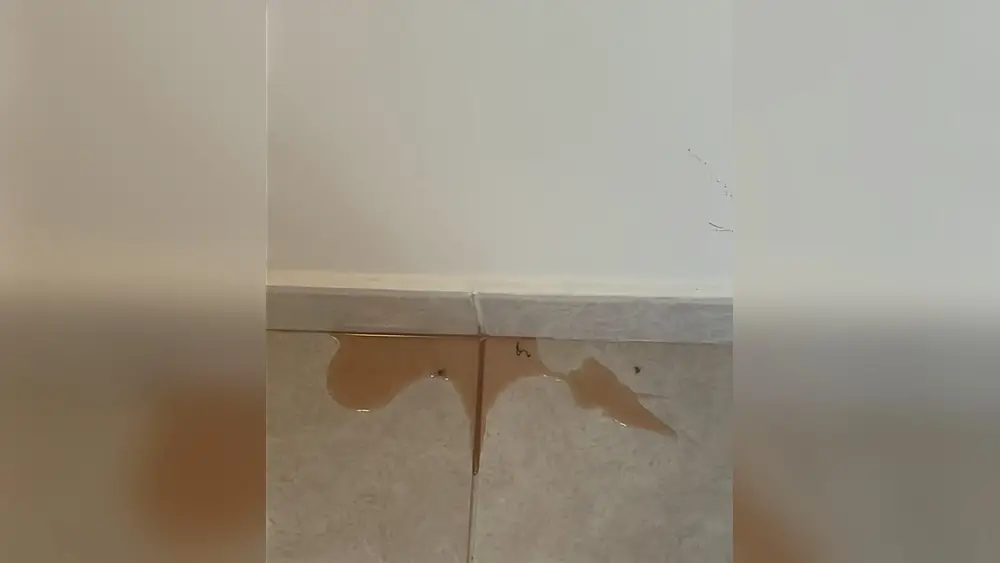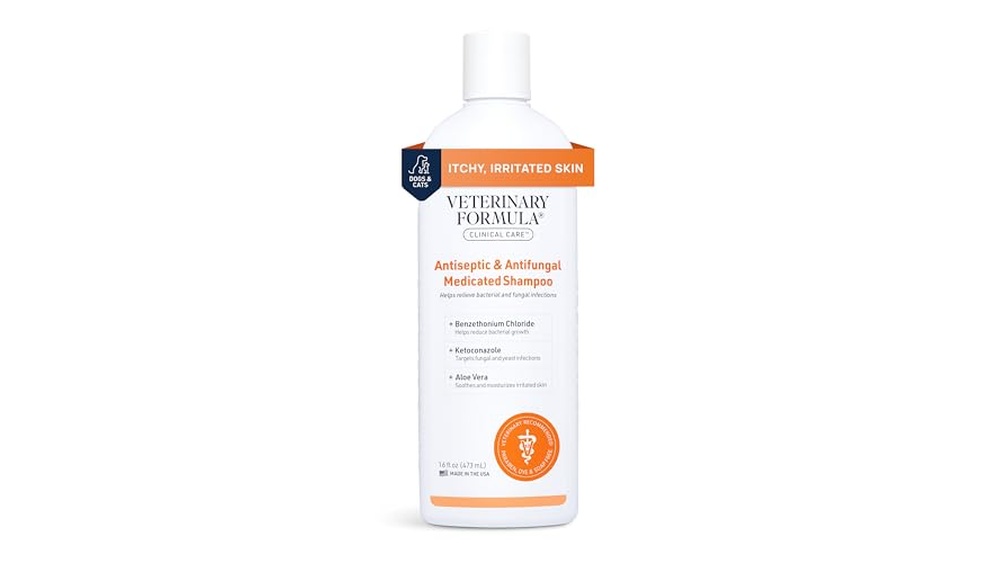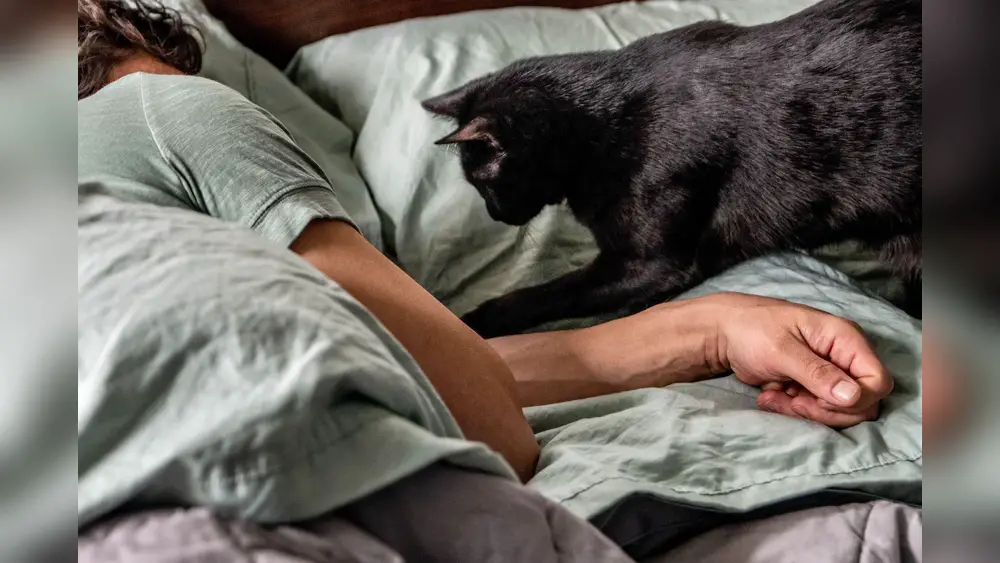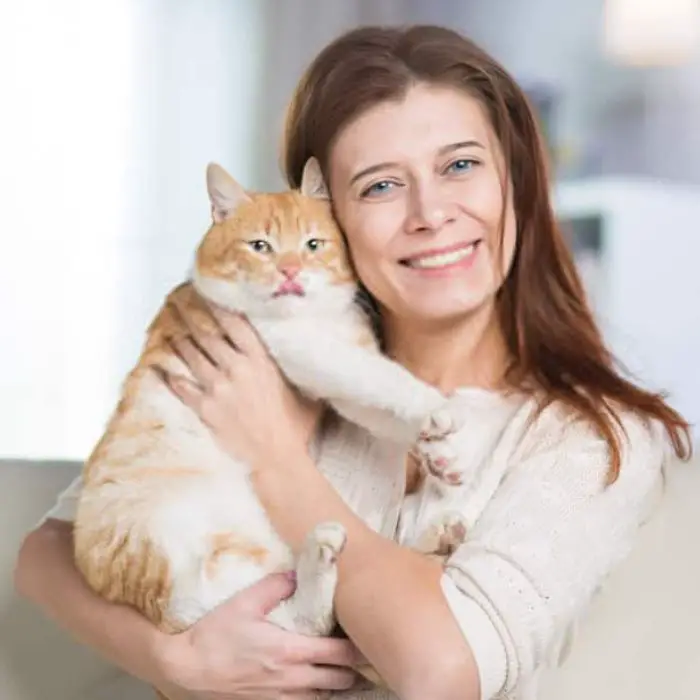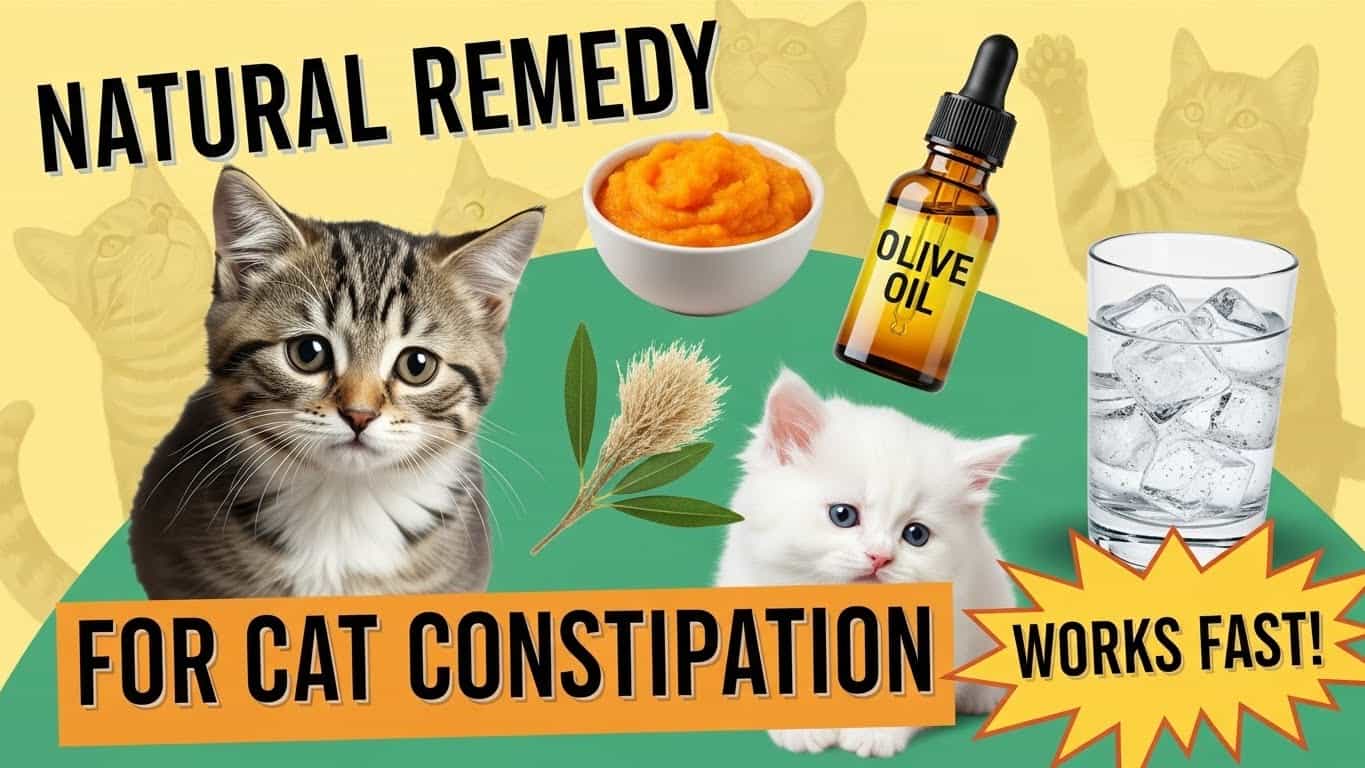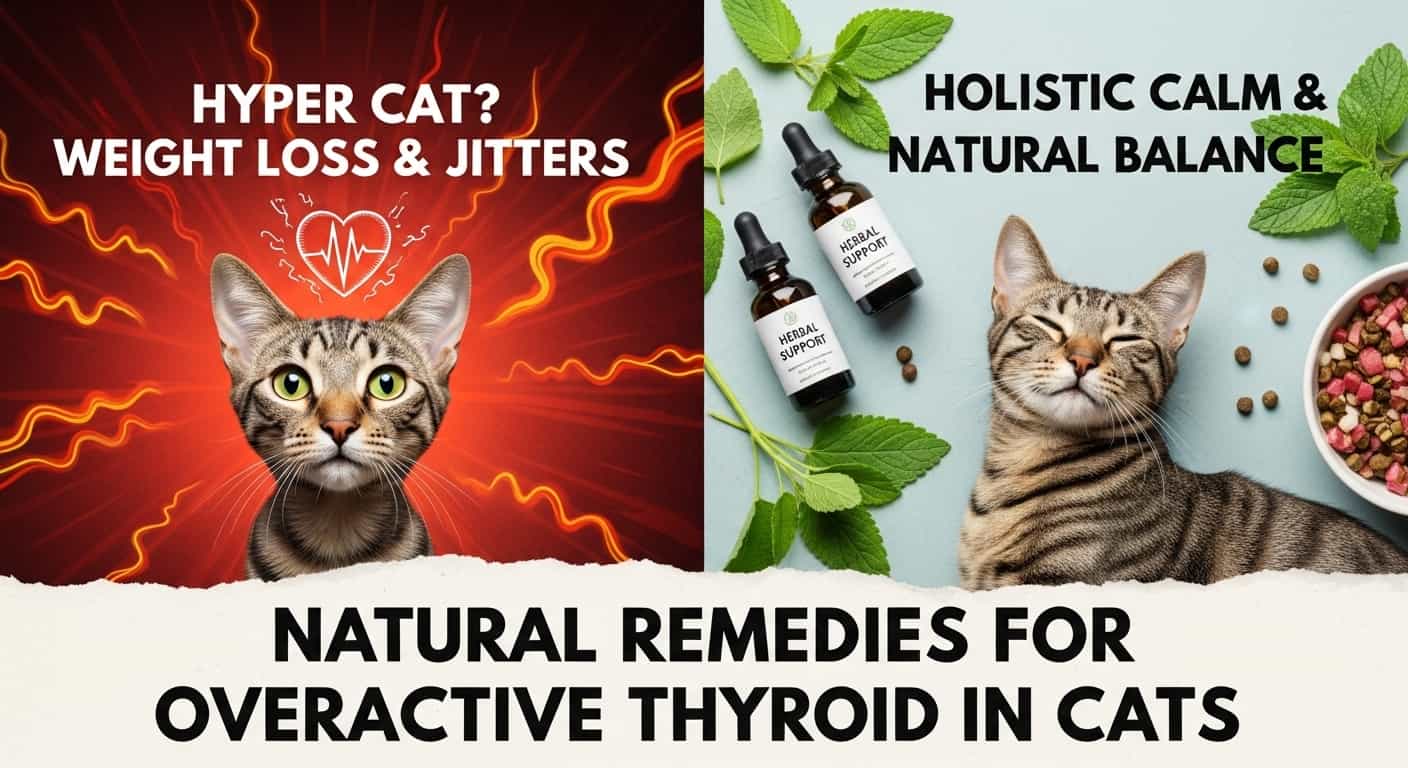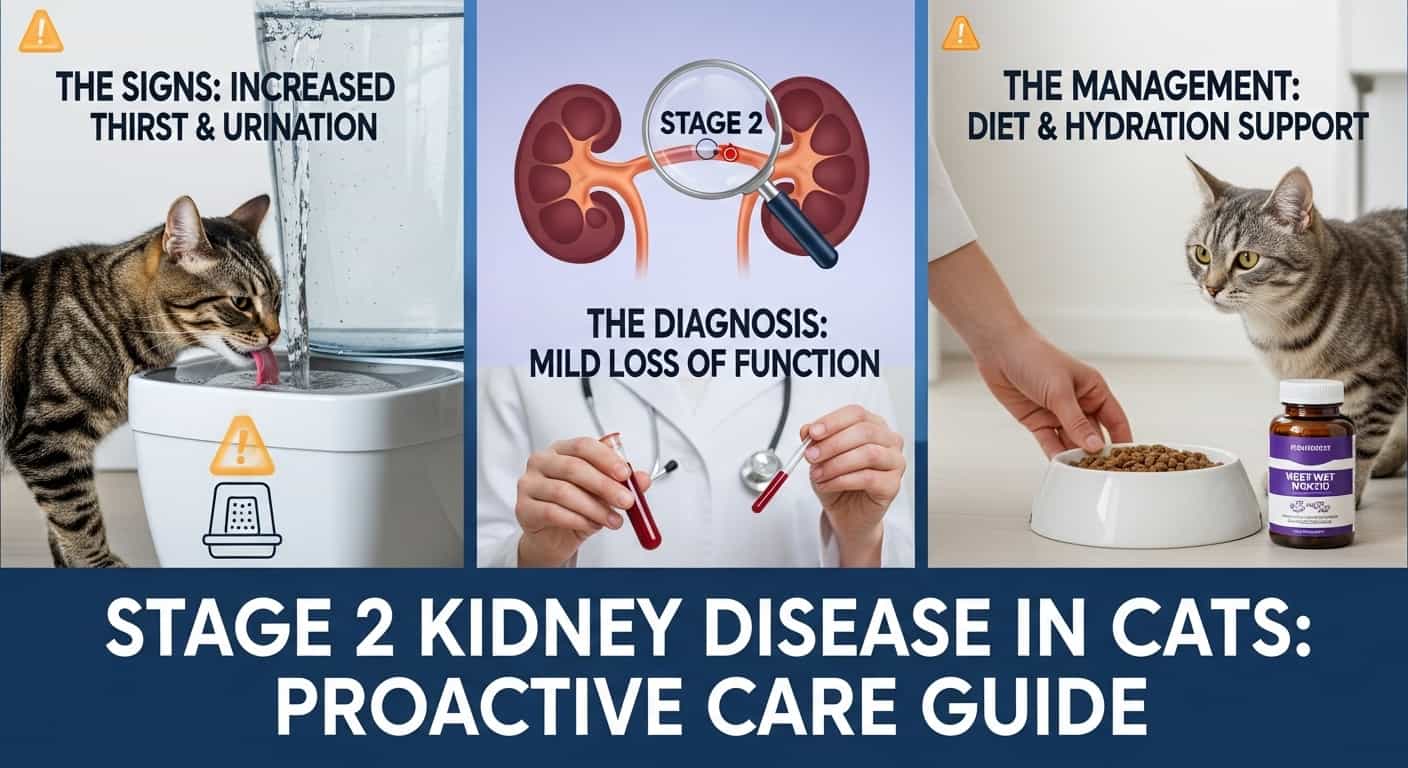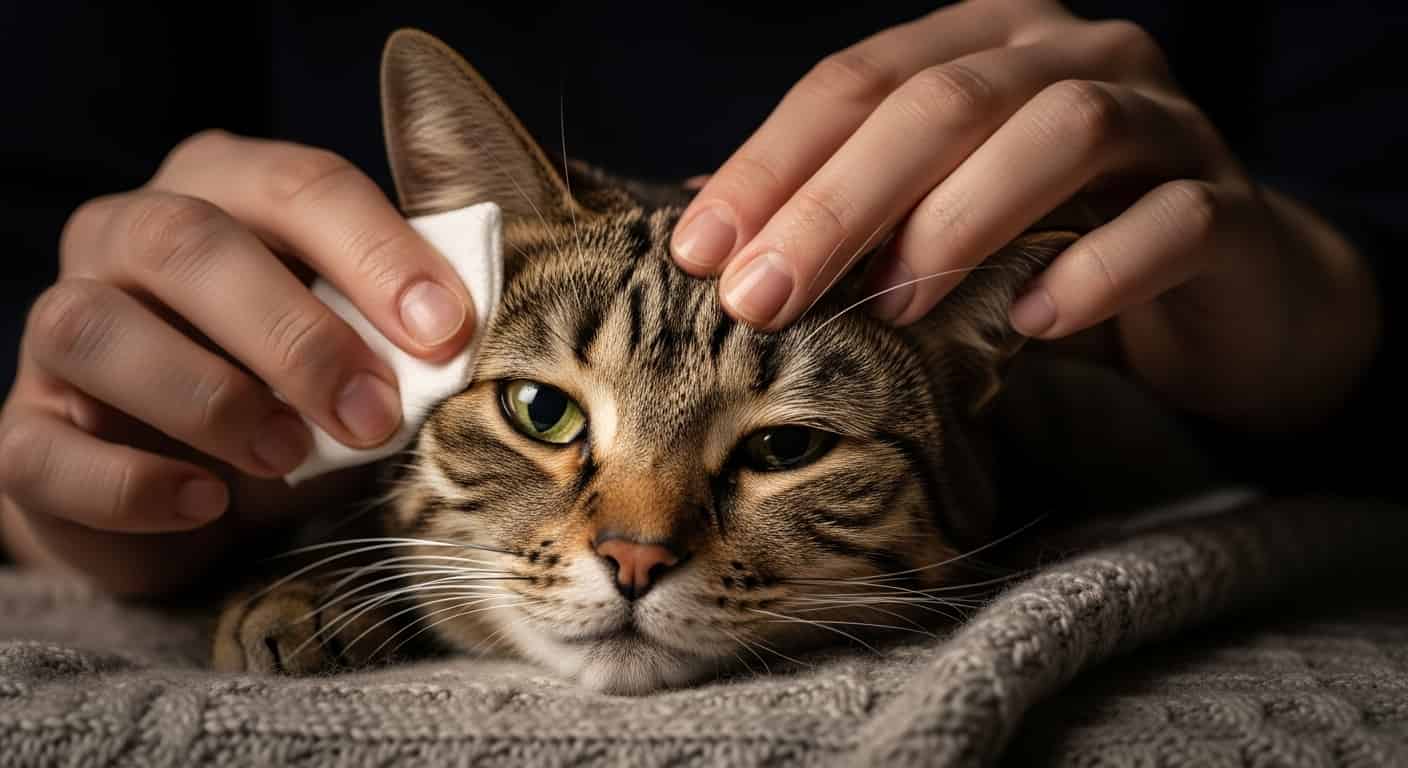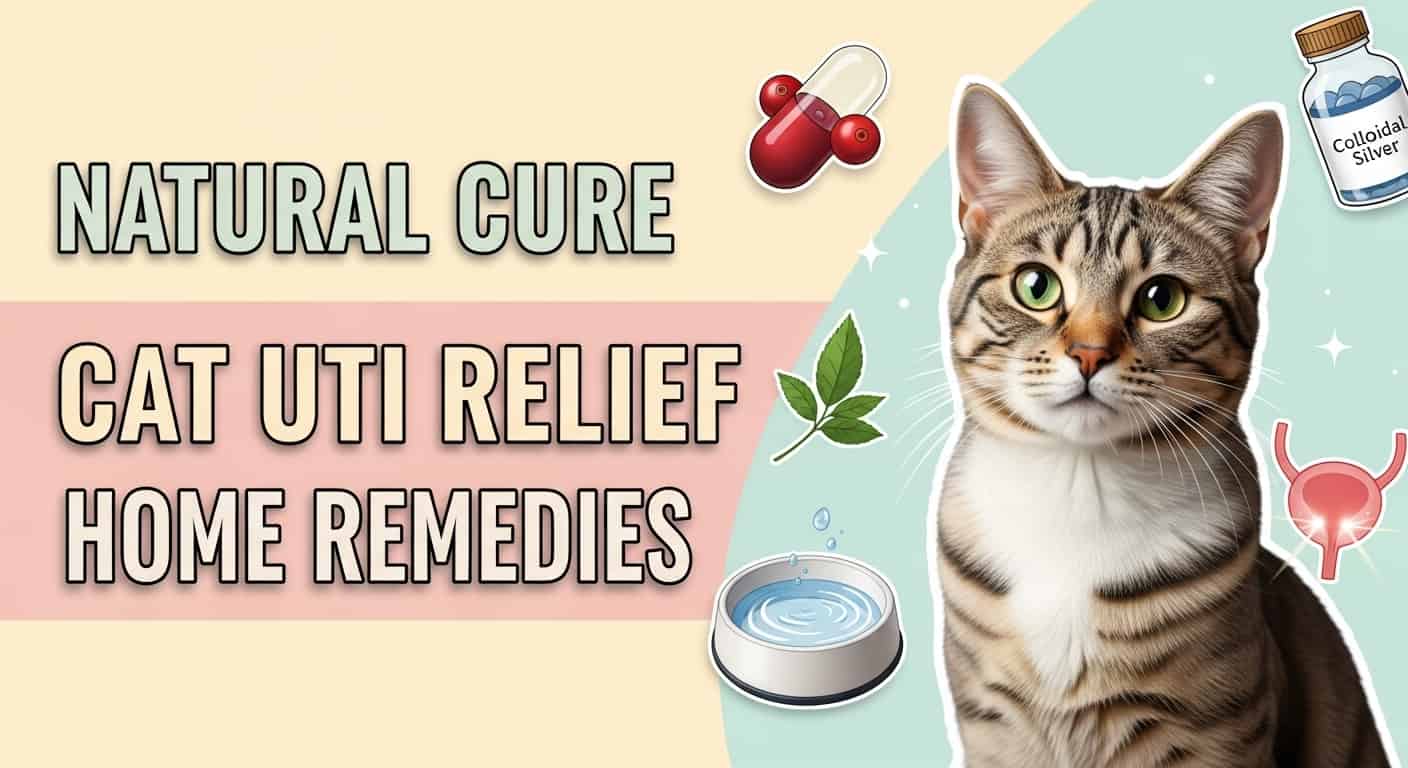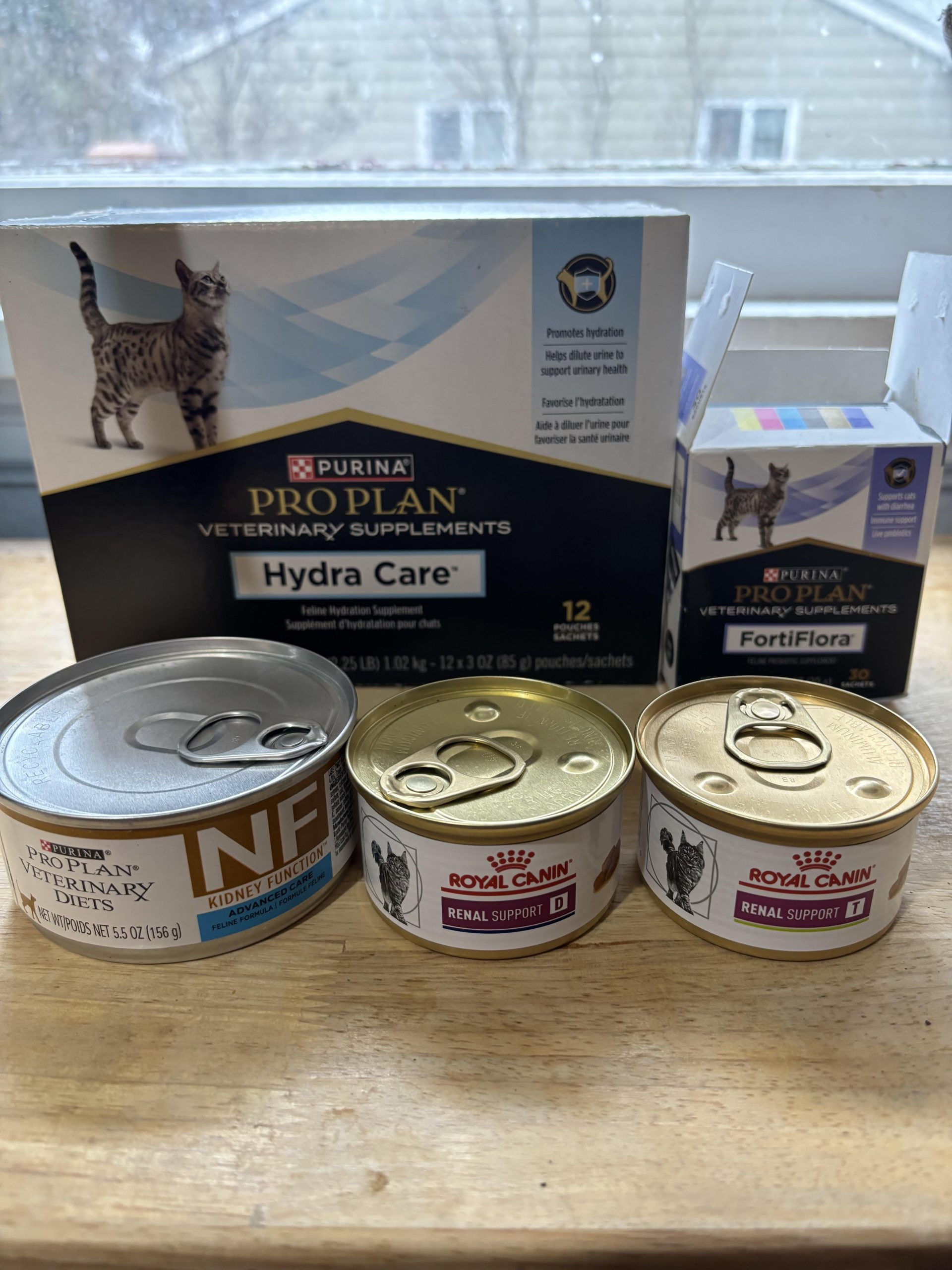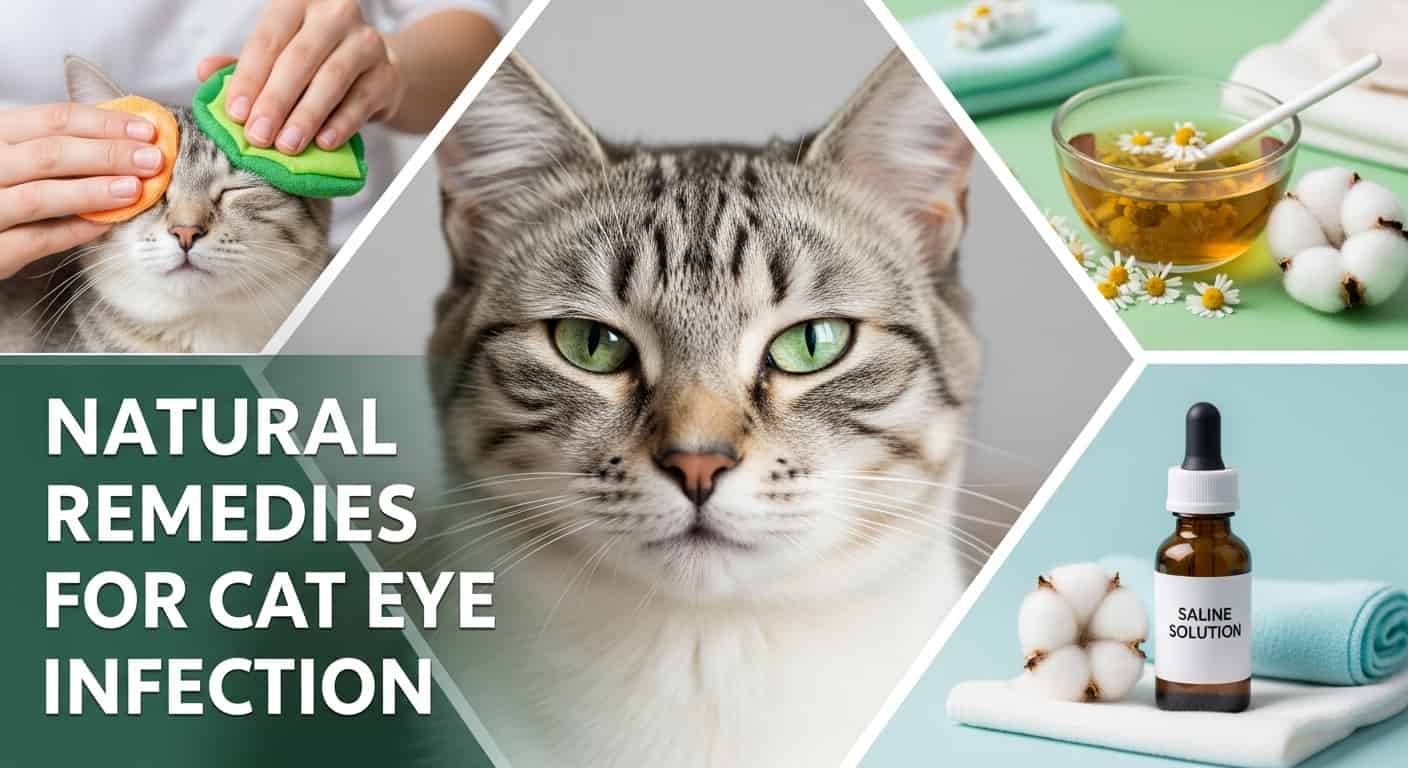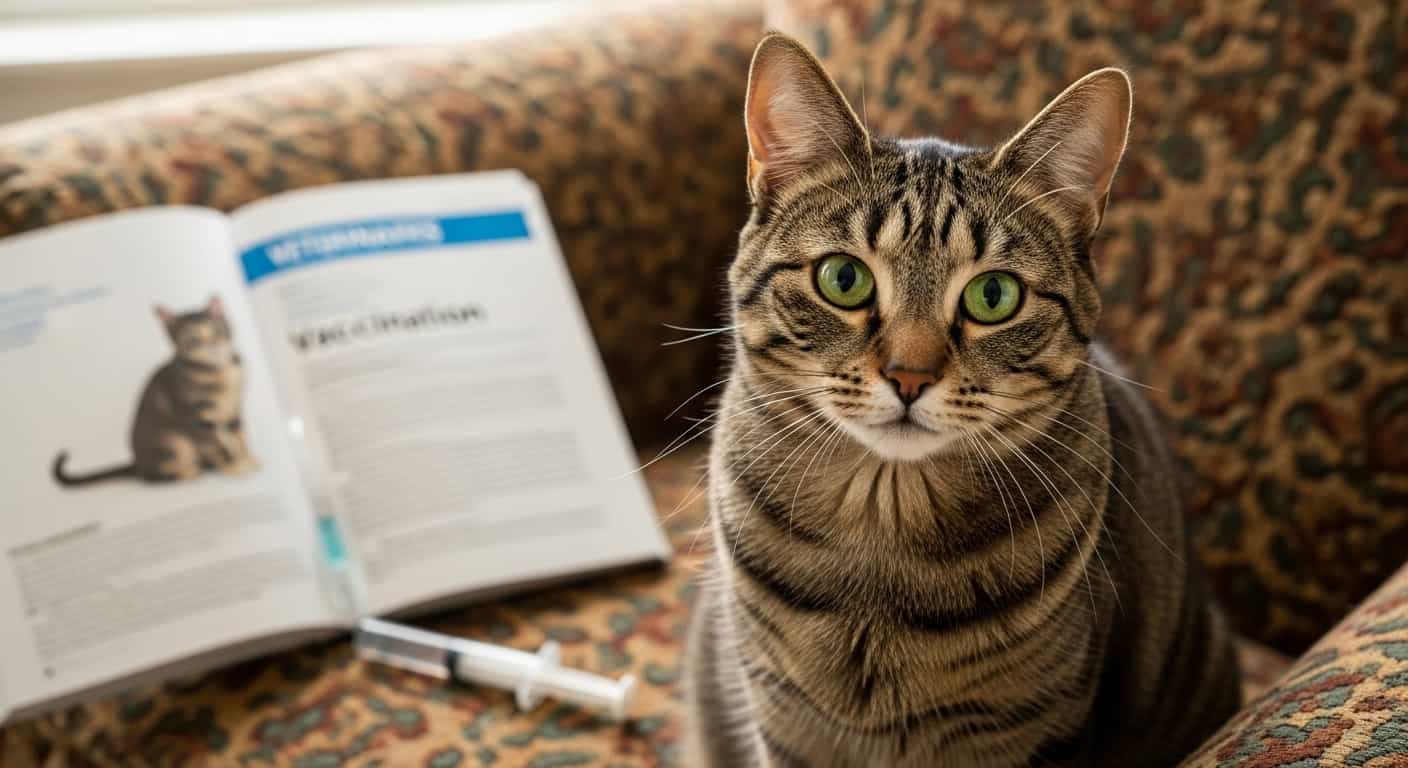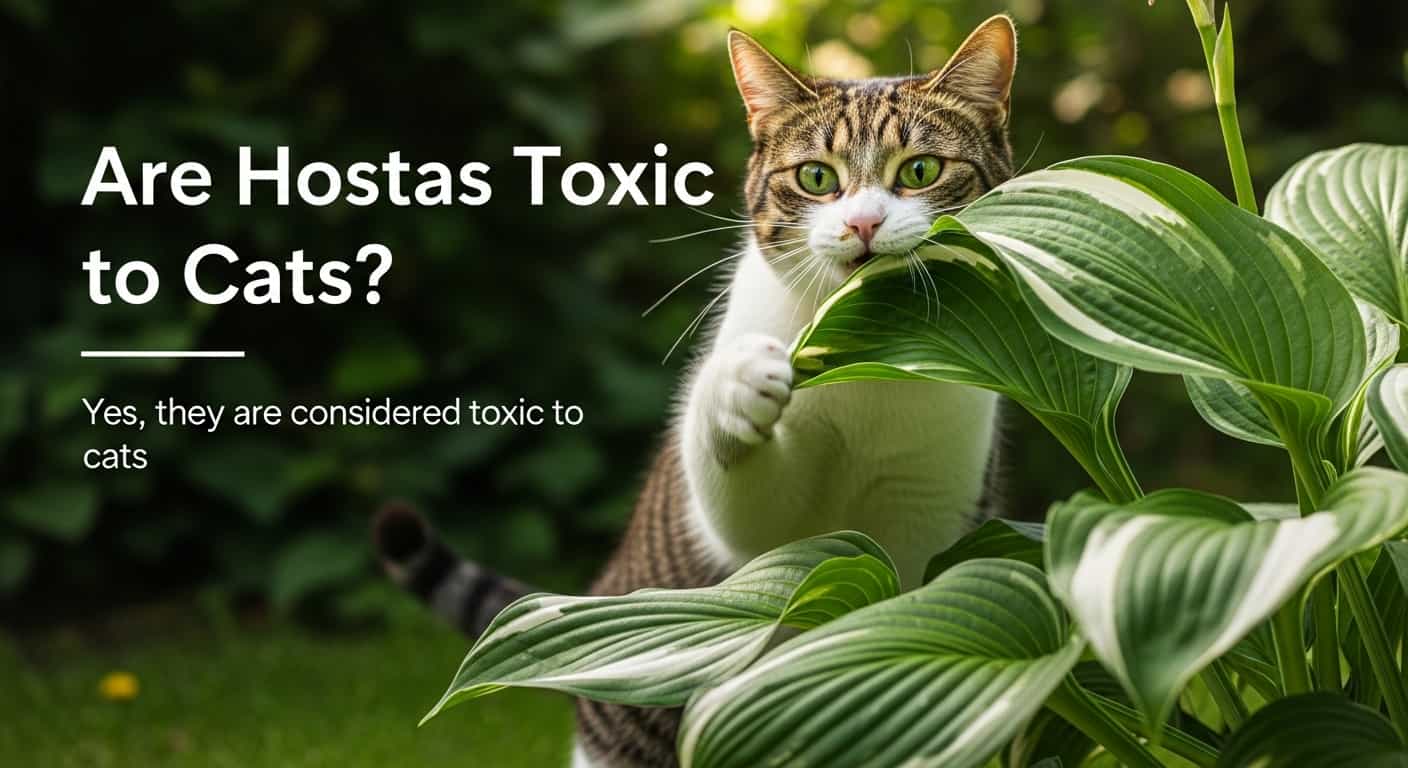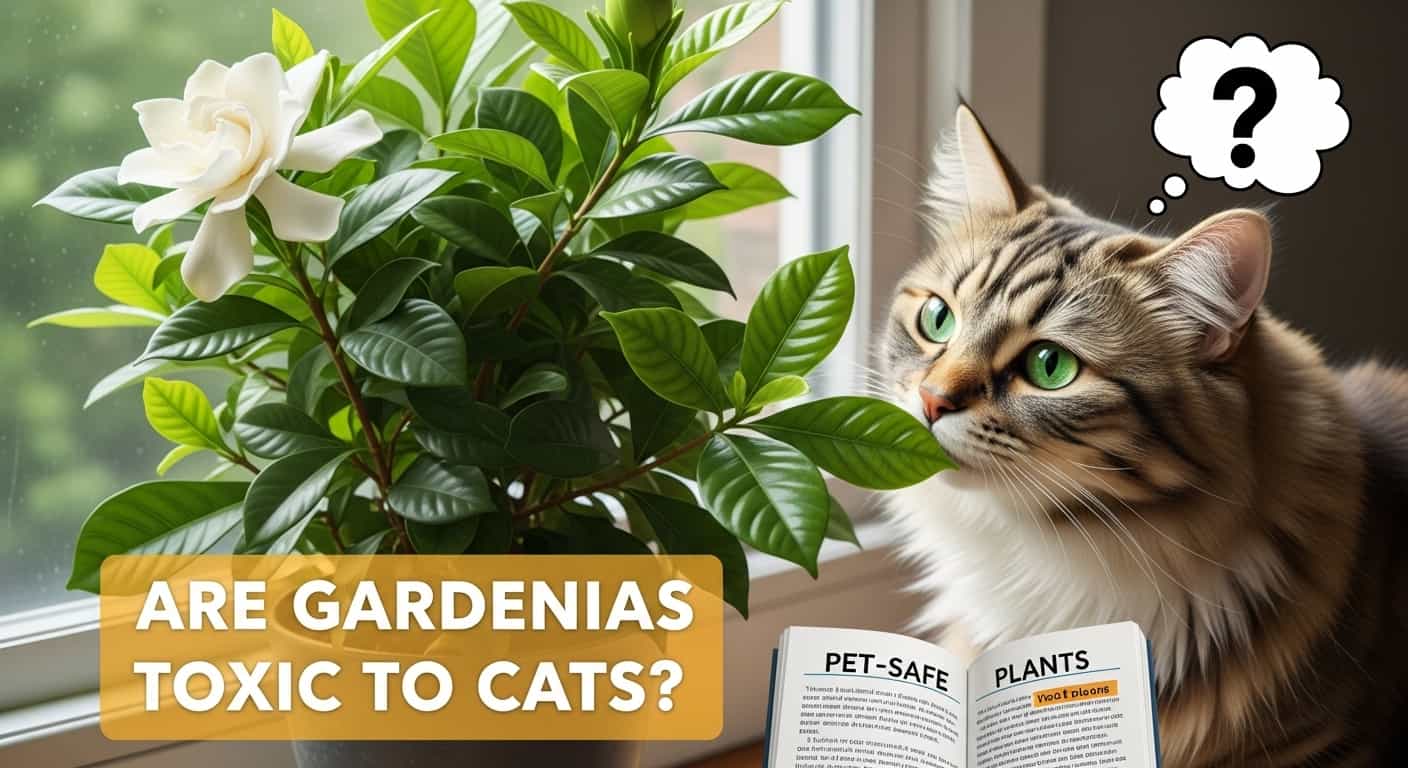Are you worried that your cat’s wet food might be causing diarrhea? It’s a common concern for many cat owners like you.
Table of Contents
ToggleWhen your furry friend suddenly has loose stools, it can be stressful and confusing. You want to keep your cat healthy and happy, but you also want to understand what’s really going on inside their tummy. You’ll discover the truth about wet cat food and diarrhea.
You’ll learn what causes this problem and how to keep your cat comfortable and well-fed. Keep reading to find out how to protect your cat’s digestive health without giving up the foods they love.

Credit: beyondpets.com
Wet Cat Food Basics
Wet cat food is a popular choice among cat owners. It comes with unique features that differ from dry food. Understanding the basics helps in making the right feeding decisions. This section covers the main types of wet cat food, their nutritional content, and their benefits over dry food.
Types Of Wet Cat Food
Wet cat food comes in many forms. Common types include pate, chunks in gravy, and minced meat. Pate is smooth and easy to eat. Chunks in gravy offer a meaty texture with added moisture. Minced meat is finely chopped and often mixed with broth. Each type suits different cats’ preferences and needs.
Nutritional Content
Wet cat food contains high moisture levels, usually 70-80%. It provides essential proteins and fats for cats. The food also includes vitamins and minerals needed for health. Wet food often has fewer carbohydrates than dry food. This helps keep cats’ digestion steady and balanced.
Benefits Over Dry Food
Wet cat food helps keep cats hydrated. Its moisture supports urinary tract health. The soft texture is easier for older cats to chew. Wet food tends to be more palatable, encouraging cats to eat. It also often contains fewer calories, helping with weight control.
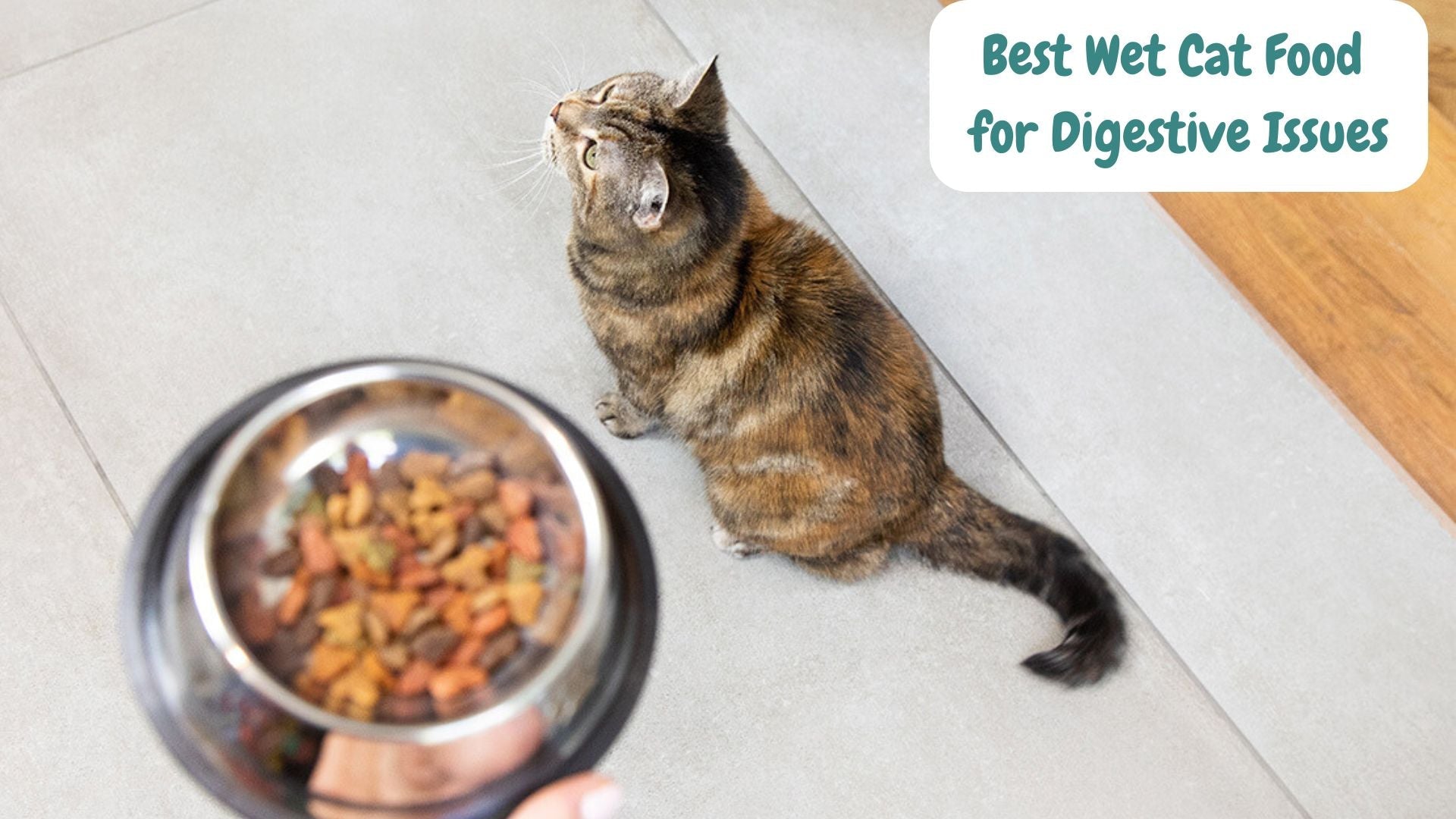
Credit: featherypaw.com
Here's a related post that you might find useful. Bland Diet for Cats With Diarrhea: Effective Healing Foods
Common Causes Of Diarrhea In Cats
Diarrhea in cats can worry many pet owners. It often signals a problem in the digestive system. Understanding common causes helps in managing this condition early. Identifying the root cause is crucial for proper care and treatment.
Dietary Changes
Sudden changes in a cat’s diet often cause diarrhea. Switching from dry to wet food or trying new flavors can upset their stomach. Cats need time to adjust to new foods. Rapid changes can disrupt their digestion and lead to loose stools.
Food Allergies And Intolerances
Some cats react badly to certain ingredients. Allergies or intolerances to proteins, grains, or additives may cause diarrhea. Signs include itching, vomiting, or skin problems along with digestive issues. Identifying and avoiding these triggers can improve your cat’s health.
Infections And Parasites
Infections from bacteria, viruses, or parasites often cause diarrhea. Common culprits include giardia, roundworms, and salmonella. These infections can spread quickly and need veterinary treatment. Prompt diagnosis helps prevent serious health problems for your cat.
Wet Food And Digestive Health
Wet cat food plays a big role in your cat’s digestion. It contains more moisture than dry food. This extra water can help your cat’s digestive system work smoothly. Some cats may face digestion problems after eating wet food. Understanding how wet food affects digestion helps in choosing the right diet.
Some ingredients in wet food might cause stomach upset. Knowing these can prevent diarrhea and other issues. Hydration is another key factor. Wet food adds water to your cat’s diet, which supports healthy digestion and overall well-being.
How Wet Food Affects Digestion
Wet food is softer and easier to chew. It breaks down faster in the stomach. This can help cats that have trouble eating dry food. The higher moisture content keeps the digestive tract hydrated. Proper hydration helps food move smoothly through the intestines. This can reduce constipation and hard stools.
Some cats may have sensitive stomachs. Sudden changes to wet food can cause mild diarrhea. Introducing wet food slowly allows the digestive system to adjust. Gradual change helps avoid digestive upset.
Here's a related post that you might find useful. Cat Peeing Blood Outside Litter Box: Urgent Causes & Solutions
Ingredients That May Trigger Diarrhea
Certain ingredients in wet food can upset your cat’s stomach. Dairy products, like milk or cheese, often cause diarrhea. Many cats are lactose intolerant and cannot digest dairy well. Artificial additives and preservatives may also cause digestive trouble. Some cats react to grains or fillers in the food. Identifying these triggers is important to keep your cat’s digestion calm.
Choose wet food with simple, natural ingredients. Avoid foods with unknown fillers or too many additives. This lowers the risk of diarrhea and stomach issues.
Role Of Hydration
Wet food boosts your cat’s water intake. Cats often do not drink enough water by themselves. The moisture in wet food helps prevent dehydration. Good hydration supports healthy digestion and prevents constipation. It also helps flush toxins from the body. Proper hydration is essential for a cat’s overall health.
Keep fresh water available at all times. Wet food combined with water helps maintain digestive balance. This reduces chances of diarrhea and other stomach problems.
Identifying Food-related Diarrhea
Identifying food-related diarrhea in cats can be tricky. Wet cat food might cause stomach upset, but other reasons exist. Knowing the signs helps pet owners act quickly. Recognizing symptoms and understanding when to get help can protect your cat’s health.
Symptoms To Watch For
Loose or watery stools often indicate diarrhea. Watch for sudden changes in bathroom habits. Your cat may strain or show discomfort while pooping. Vomiting or loss of appetite can happen too. Keep an eye on lethargy or dehydration signs. These symptoms suggest a possible food reaction.
When To Consult A Vet
Seek veterinary care if diarrhea lasts more than two days. Blood in stool or severe vomiting needs urgent attention. Your cat’s behavior matters—if it seems very weak or refuses water, get help fast. A vet can find the exact cause and suggest the best treatment. Don’t delay if symptoms worsen quickly.
Elimination Diets
An elimination diet helps identify food sensitivities. Feed your cat one simple protein source for several weeks. Avoid all other foods and treats during this time. Slowly reintroduce other ingredients, one at a time. Watch for any return of diarrhea or other symptoms. This process helps pinpoint problem foods safely.
Preventing Diarrhea From Wet Food
Preventing diarrhea from wet cat food is key to keeping your cat healthy and happy. Diarrhea can cause discomfort and dehydration. Proper care in feeding can reduce the risk. Understanding how to choose and feed wet food helps maintain your cat’s digestive health.
Choosing The Right Wet Food
Select wet food with high-quality ingredients. Avoid foods with fillers like corn or soy. Look for options with real meat as the first ingredient. Check for added probiotics to support digestion. Choose brands that meet AAFCO standards for balanced nutrition.
Proper Feeding Practices
Feed your cat the correct portion size. Overfeeding can upset the stomach and cause diarrhea. Serve fresh wet food daily and discard leftovers after two hours. Keep feeding times consistent to help your cat’s digestion. Clean food dishes regularly to prevent bacteria build-up.
Gradual Diet Transitions
Introduce new wet food slowly to avoid digestive upset. Mix small amounts of new food with old food over 7 to 10 days. Increase new food while decreasing the old one gradually. This helps your cat’s stomach adjust to changes. Sudden changes often lead to diarrhea and discomfort.
Alternatives And Supplements
Finding the right balance in your cat’s diet can help avoid digestive troubles like diarrhea. Alternatives and supplements offer ways to support your cat’s digestion and overall health. These options can improve food tolerance and provide essential nutrients.
Mixing Wet And Dry Food
Combining wet and dry cat food can help your cat get varied textures and nutrients. Wet food adds moisture, which aids digestion. Dry food supports dental health and can be easier to store. Mix small amounts at first to see how your cat reacts. This approach can reduce the chance of diarrhea caused by sudden diet changes.
Probiotics For Cats
Probiotics are good bacteria that help balance the gut. They can improve digestion and reduce diarrhea. Many cat probiotics come in powder or capsule form. Sprinkle the powder on your cat’s food for easy use. Always choose probiotics made specifically for cats. Consult a vet before starting probiotics to ensure safety.
Homemade Diet Options
Preparing homemade cat food allows control over ingredients. You can avoid fillers and additives that upset digestion. Use simple recipes with cooked meats, rice, and vegetables safe for cats. Make sure the diet is balanced with necessary vitamins and minerals. Consult a vet or pet nutritionist for guidance. Homemade diets require care to keep cats healthy and happy.
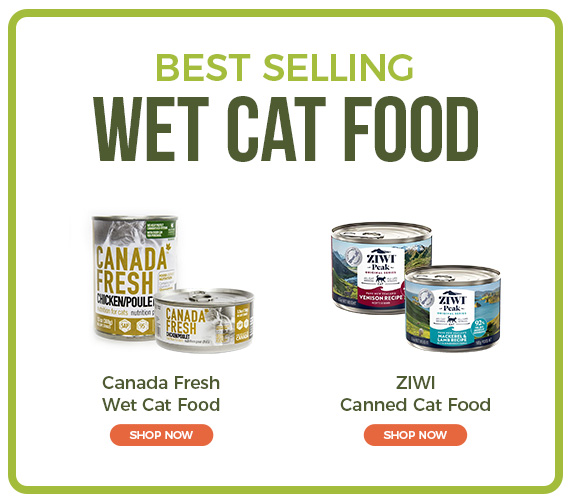
Credit: blog.homesalive.ca
Frequently Asked Questions
Can Wet Cat Food Cause Diarrhea In Cats?
Yes, wet cat food can cause diarrhea if it contains unfamiliar ingredients or if a cat has food sensitivities. Sudden changes to wet food can upset digestion, leading to loose stools. Always introduce new foods gradually to avoid digestive issues.
Why Does My Cat Get Diarrhea After Wet Food?
Cats may get diarrhea from wet food due to food intolerance or bacterial contamination. Some wet foods have higher moisture and fat, which can upset sensitive stomachs. Monitoring your cat’s reaction and consulting a vet helps identify the cause.
How To Prevent Diarrhea From Wet Cat Food?
To prevent diarrhea, transition your cat slowly to wet food over 7-10 days. Choose high-quality, easily digestible wet food with limited additives. Ensure clean feeding bowls and fresh water to reduce digestive upset and maintain gut health.
Is Diarrhea From Wet Food A Sign Of Allergy?
Diarrhea can indicate a food allergy or sensitivity to certain proteins or additives in wet food. If diarrhea persists, consult your vet for allergy testing or diet changes. Hypoallergenic or limited ingredient diets may help manage symptoms.
Conclusion
Wet cat food can sometimes cause diarrhea, but not always. Quality and ingredients matter a lot. Sudden changes in diet may upset your cat’s stomach. Watch your cat’s reaction after feeding wet food. If diarrhea lasts more than a day, see a vet.
Keep your cat’s diet balanced and consistent. Remember, every cat is different. Careful feeding helps keep your cat healthy and happy. Simple steps can prevent digestive issues. Stay observant and respond quickly to any problems.

